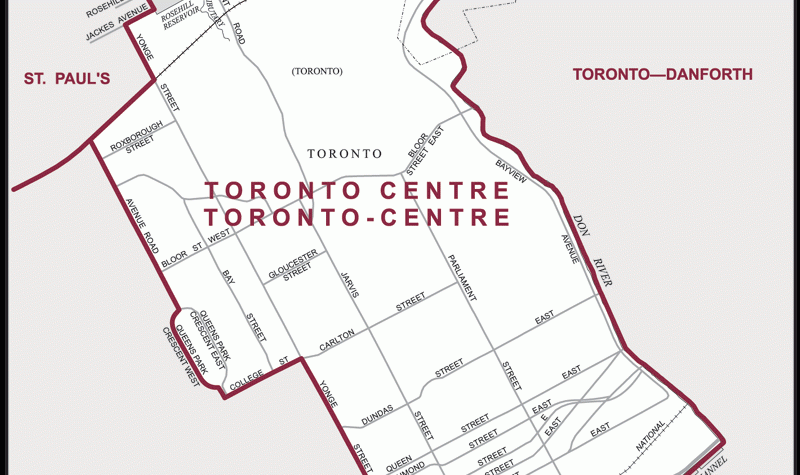An overhaul of Toronto Centre’s political landscape highlight 2022, as new faces enter each level of government.
Since September 2021, the community experienced three elections: federal, provincial and municipal.
The final months of 2021 saw a federal election that re-elected the Liberals’ Marci Ien, who was first elected during an October 2020 byelection to replace outgoing Minister of Finance Bill Morneau.
Further, the federal election also saw the end of Annamie Paul's tumultuous leadership of the federal Green Party.
After receiving 32 per cent of the vote in the 2020 byelection, there was initial hope for the Greens to contend for the Liberal stronghold.
However, party infighting and a looming non-confidence vote led Paul to finish a distant fourth. She announced her resignation as leader shortly after the election.
"To those Green party members who have taken great pleasure in attacking me and calling for assaults against me, and calling for organization against me, and suggesting that I am part of a conspiracy against the party," Paul said in a press conference. "You may take small comfort in this for a moment, but please know that there are many more people like me than there are you, and you will not succeed in the end."
In the first few months of 2022, Toronto Centre MPP Suze Morrison said she would not seek re-election in the Ontario election due to health concerns.
Longtime Ward 13 city councillor Kristyn Wong-Tam announced in March that they intend to resign their council seat and run for the Ontario NDPs in the summer election.
Wong-Tam officially resigned as Ward 13’s councillor on May 4, and was elected as the new Toronto Centre MPP with about 43 per cent of the vote on June 2.
"I've chosen to join the NDP, and, in particular, I've chosen to join Andrea Horwath," they said at the official announcment to media. "Over the past four years with Doug Ford at the helm of the province, I have seen the hardship of Ontarians right across, and in particular in Toronto Centre."
As an MPP, Wong-Tam has been openly critical of the Ontario government’s handling of the educational worker’s strike and the use of the notwithstanding clause.
In November 2022, Wong-Tam also retabled the Gender Affirming Health Care Act, which correlated with the Transgender Day of Remembrance on Nov.20.
The bill was first tabled by Suze Morrison during her time as MPP.
Wong-Tam’s resignation as city councillor led to the appointment of Robin Buxton Potts, who became interim councillor after gaining the majority of votes from city councillors this past spring.
Buxton-Potts said she would not run for the full time seat in Ward 13, but decided to run for Ward 11 University-Rosedale during the Toronto election.
The former Ward 13 interim councillor spoke to CJRU prior to the election about her decision to run for Ward 11.
"I see myself as a voice that is currently not on city council,” said Potts. “I’m in my early 30s, I’m a single person, I’m a queer person, I rent.”
Buxton-Potts bid to remain on council came short on election night. She finished in third place to Ward 11 winner Dianne Saxe and close runner-up Norm Di Pasquale.
In Ward 13, former school trustee Chris Moise succeeded Buxton Potts with more than 50 per cent of the vote on election night.
Moise spoke to CJRU prior to the election about his platform and what he hopes to accomplish for Toronto Centre in the new council term.
"I feel like I’m very much connected in this community," Moise told CJRU, " and I’m looking forward to really representing them at city hall.”
As 2022 comes to an end, all elected officials are expected to be in office for at least the next year. Toronto city council and the government of Ontario Progressive Conservatives will be four-year terms. Federally, the Liberals lead a minority government but no plans for another election have been announced yet.
Listen to CJRU's coverage of Toronto Centre's elections:


